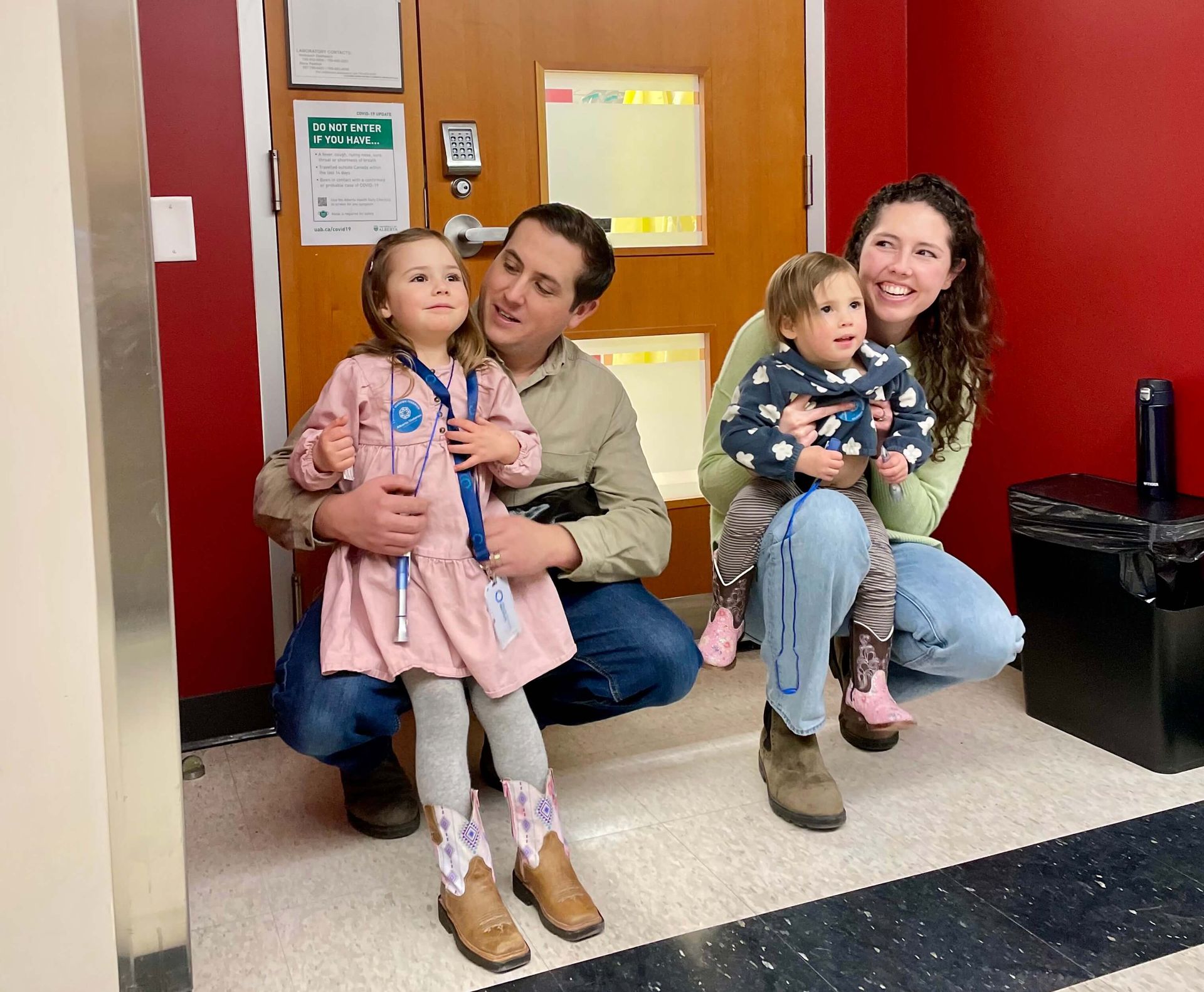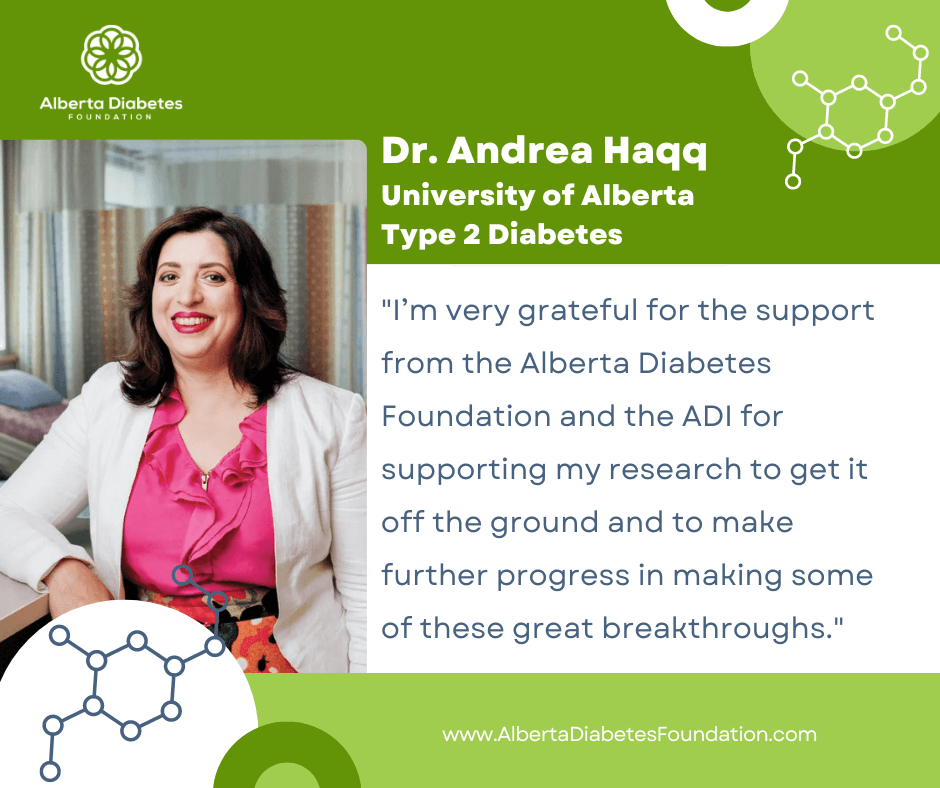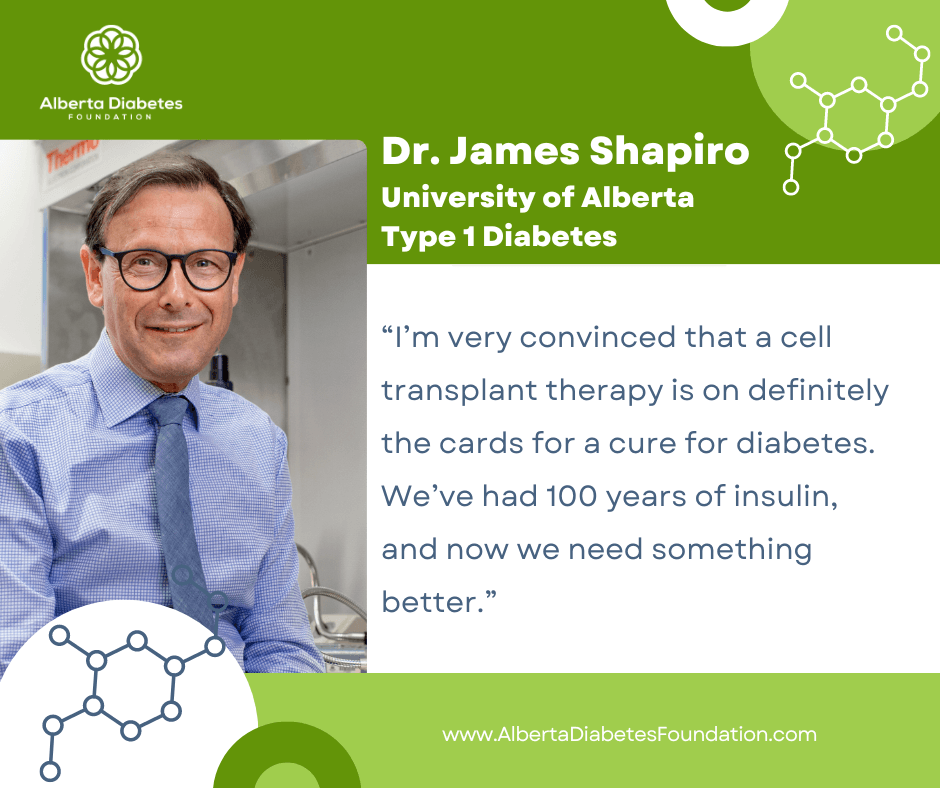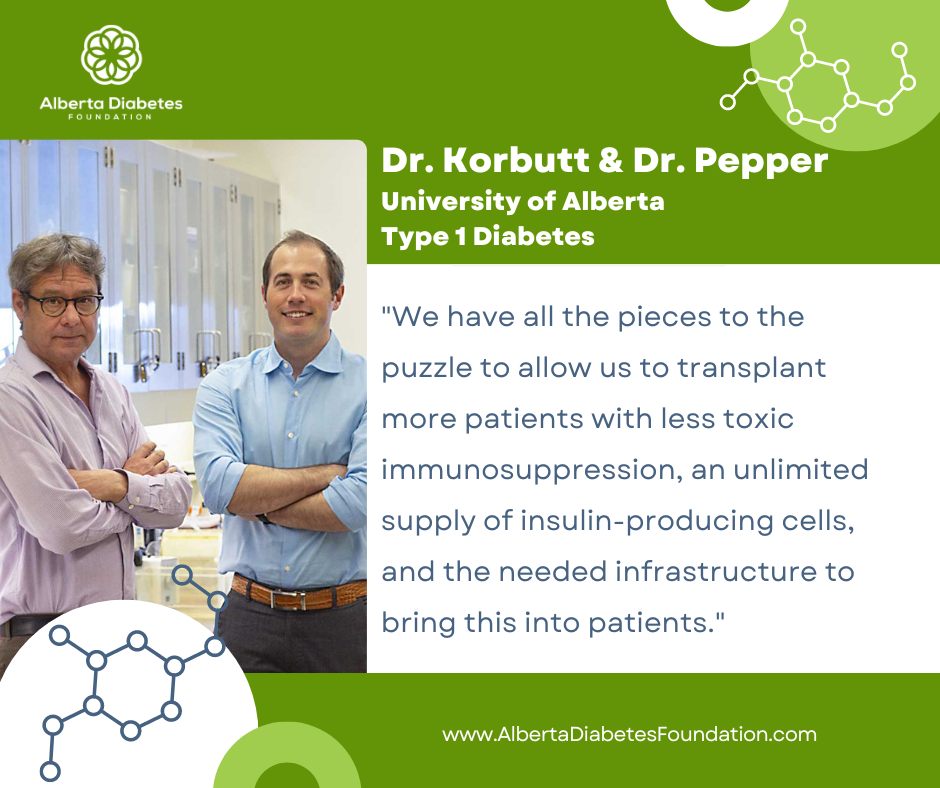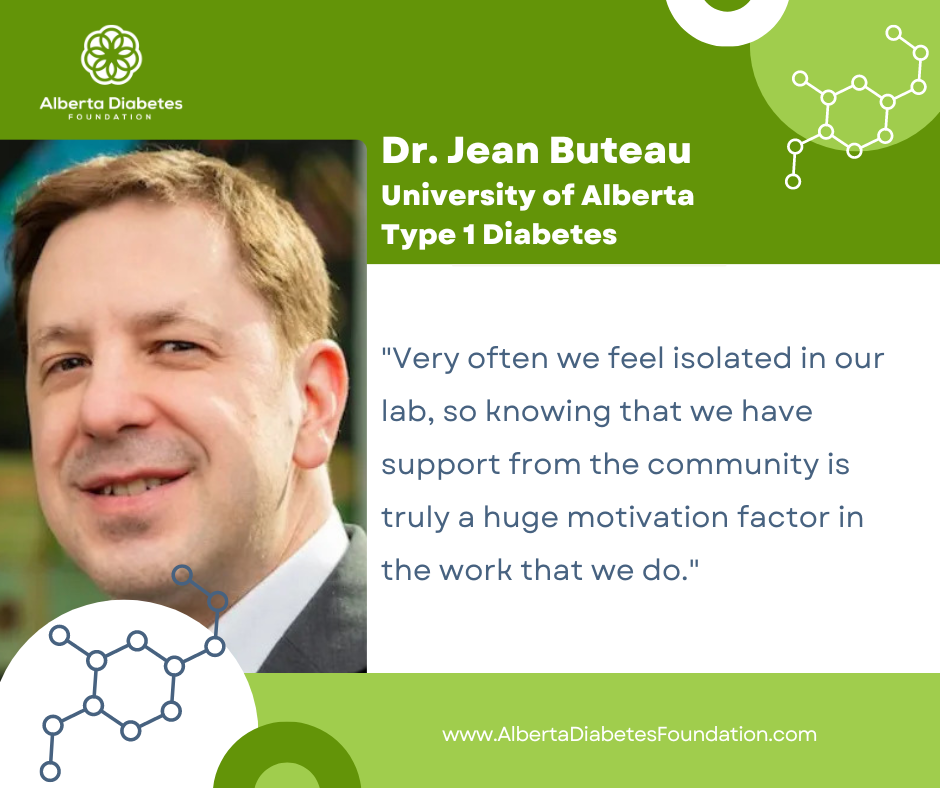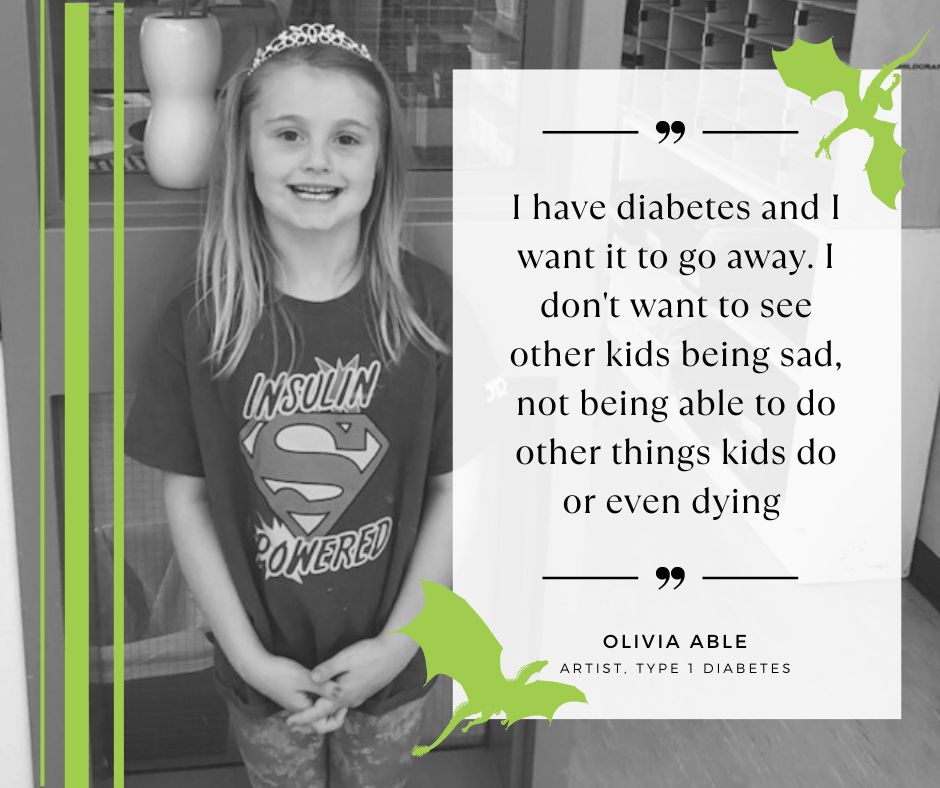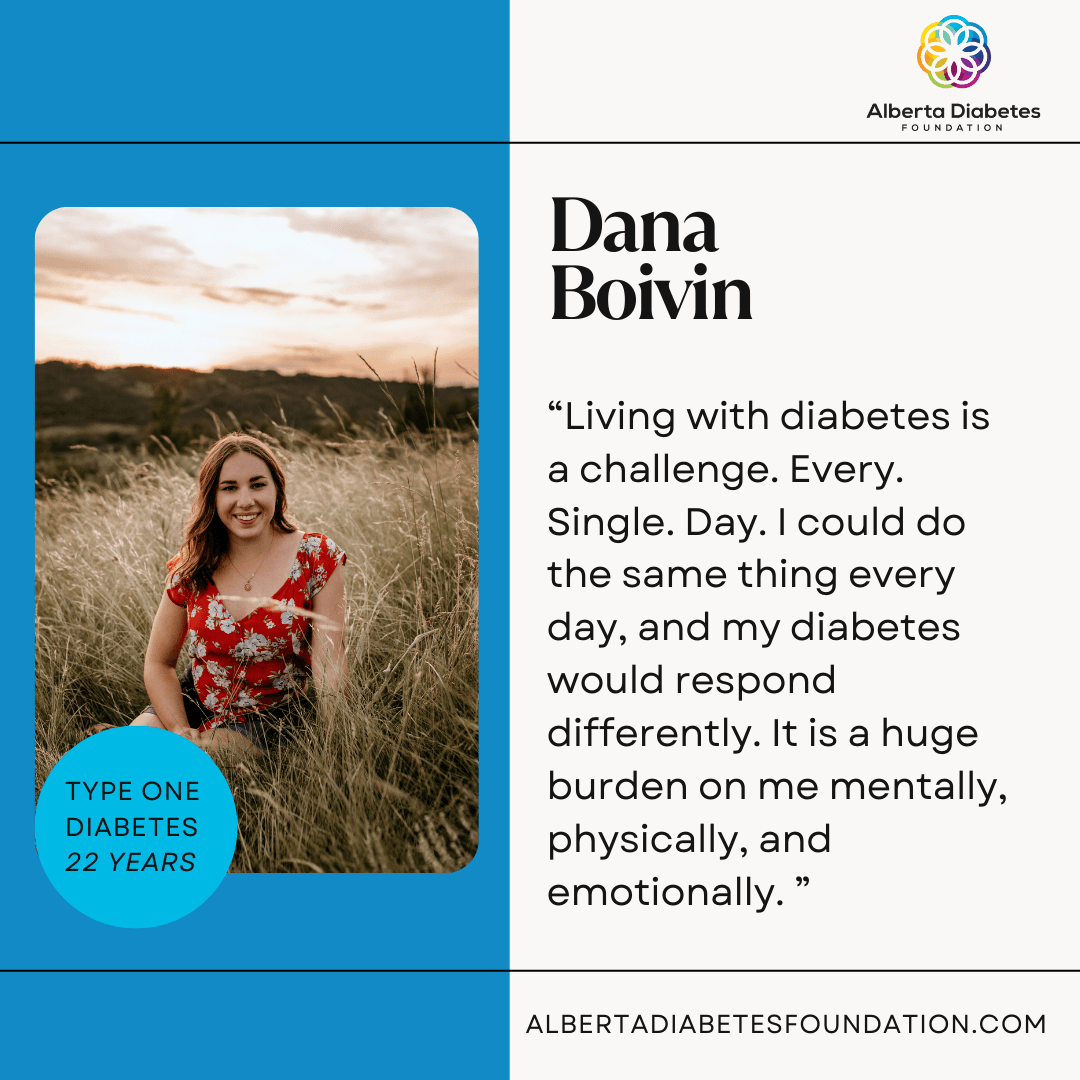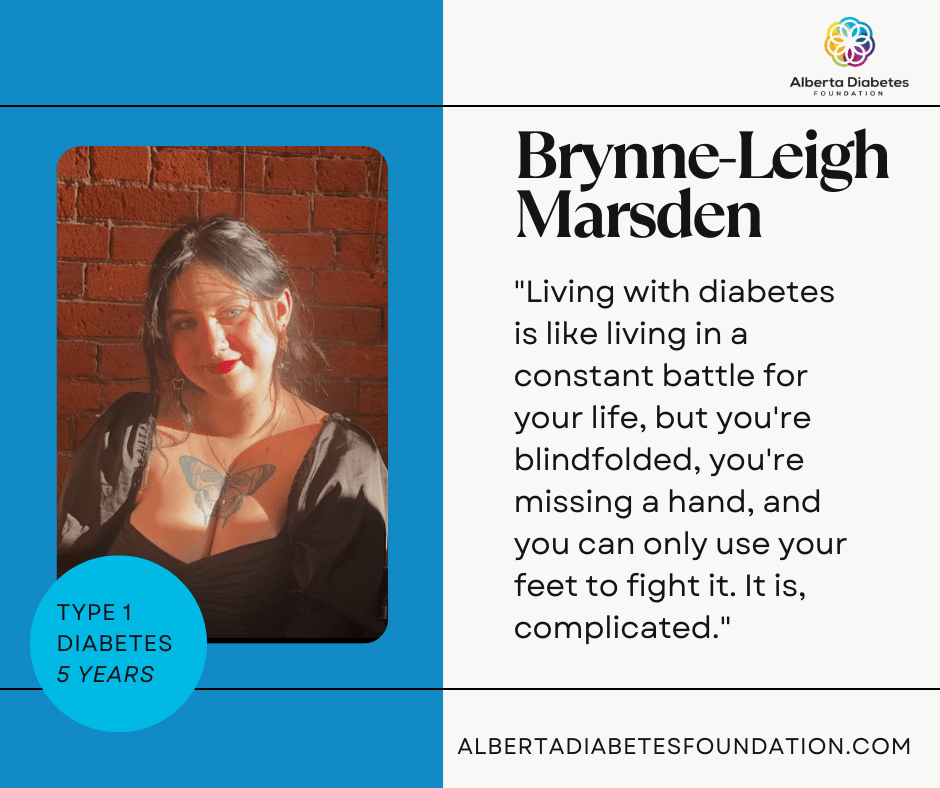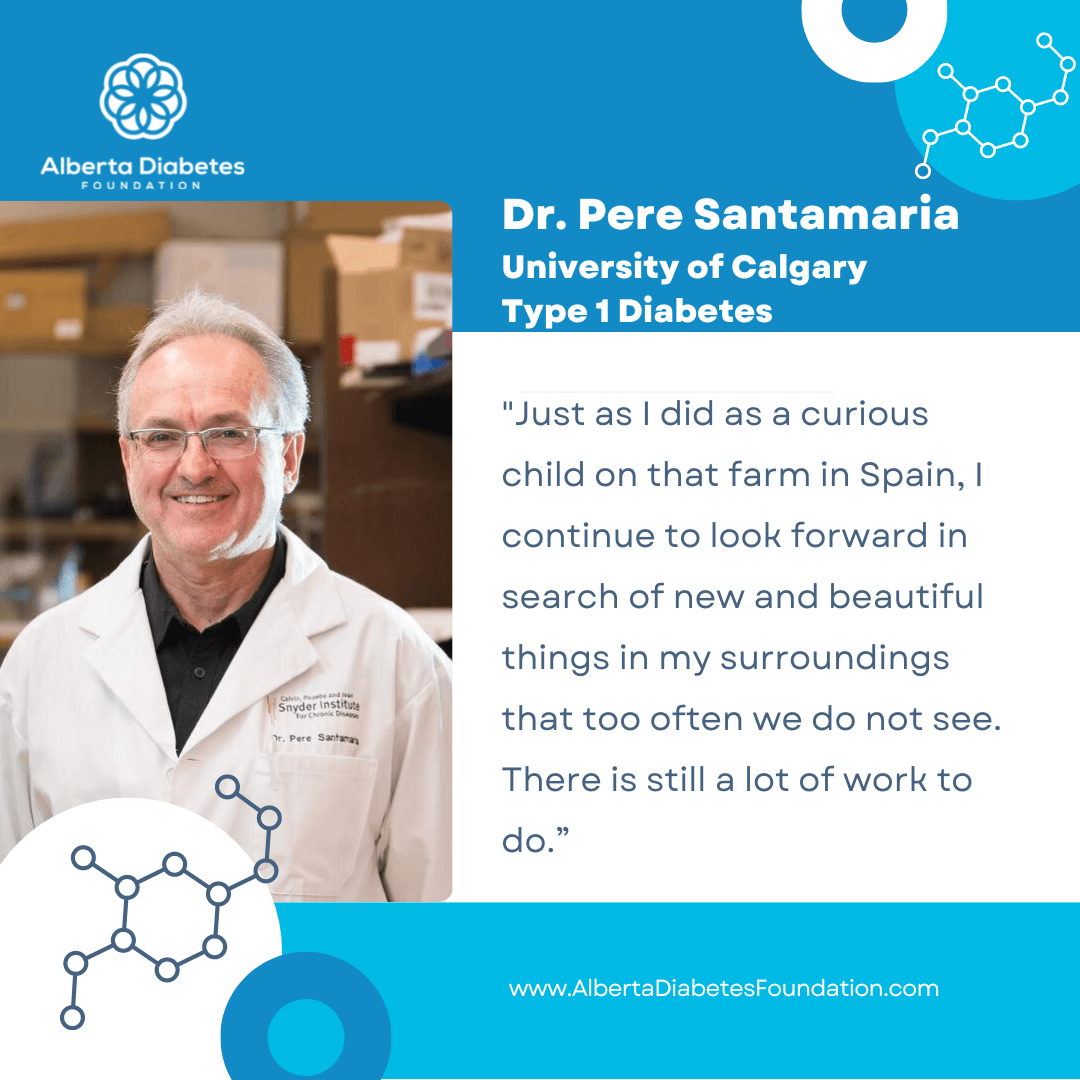Minds of Diabetes: Dr. Colin Anderson
Dr. Anderson: Tuning Down the Immune System to Reverse Type-1 Diabetes

Welcome to Minds of Diabetes: Scientists from the World of Diabetes Research! This segment is an ongoing project to document the best and brightest minds in diabetes research, with a particular focus on scientists from Alberta, and share their exciting work.
Today, we meet immunologist Dr. Colin Anderson. Dr. Anderson works out of the University of Alberta, Faculty of Medicine and Dentistry, Surgery Department. As an undergraduate student, Dr. Anderson was immensely interested in the immune system. His research led him to question why the immune system attacks itself and from there, into the world of type 1 diabetes.
Important Terms
Immune System: The immune system is an extensive network of organs, white blood cells, proteins, and chemicals that work together to protect the body from foreign invaders, such as bacteria, viruses, parasites, and fungi that cause infection, illness, and disease.
Edmonton Protocol: The Edmonton Protocol is a method of transplanting insulin-producing islet cells into people with difficult-to-control type 1 diabetes. The Edmonton Protocol was the first successful islet transplantation procedure, and it effectively, but temporarily, removed the need for injected insulin in 100% of recipients.
Beta Cells: Cells in the pancreas that secrete insulin. The immune system destroys these cells in people living with type 1 diabetes.
Signalling Threshold: The amount of a particular molecule required before the immune T-cell registers the molecule and attacks it.
Get to know Dr. Anderson’s Research
Extensive research has shown that the patient’s immune system error to attack and eliminate the insulin-producing beta cells in the pancreas causes type-1 diabetes. The ultimate treatment would be a cure, restoring beta cell function (insulin produced within the body) without long-term immune system suppression. Dr. Anderson explains, “replacing the cells (islets) that make insulin is one promising option; however, in its current form, this islet transplantation approach trades one disease (type-1 diabetes) for another (immunosuppression)." Dr. Anderson’s goal is to re-educate the immune system of people with type 1 diabetes to stop attacking islet cells, effectively reversing the disease.
In their research, Dr. Anderson and his team will expose new immune cells to very high levels of islet cells. The Anderson team hypothesizes that they can tune the signalling threshold higher for newly generated immune cells so they cannot attack the newly transplanted beta cells. Success in this study would eliminate the need for dangerous immunosuppressants to treat diabetes.
Dr. Anderson’s work has the potential to render the world-class Edmonton Protocol islet transplantation procedure significantly safer for people who have difficult-to-control type 1 diabetes.
Get to know Dr. Anderson:
How did you end up in diabetes research?
As an undergraduate student, the scientific question that was most fascinating to me was how our immune system’ figures out’ what it should attack vs. what it shouldn’t attack, often referred to as its ability to discriminate self from non-self. It was a direct path to asking what goes wrong that makes it attack our own body, as it does in Type-1 diabetes.
How did you end up in Edmonton?
I met a Professor from Oxford while at a scientific meeting on the island of Mauritius. Knowing I was looking for a faculty position and that the islet transplant group in Edmonton was looking for an immunologist, she got me in touch with the islet transplant group.
What is your favourite part about research?
The possibility of really understanding something important and new in biology, as this will have an impact in many areas.
What is the worst part about research?
The politics, primarily the non-science-based hierarchy that scientists have allowed to develop. It benefits a small group but suppresses new ideas to maintain the power structure.
Before you became a scientist, what did you want to be when you grew up?
A pro golfer.
What would you say to a prospective donor considering donating to a research initiative?
The most well-publicized initiatives may not necessarily be the most impactful. Reach out to the researchers involved in the initiative to have them more fully explain why they believe the initiative is important and why they are the right people to tackle it. The researchers will be more than happy to answer your questions, allowing you to make a fully informed decision.
Thank you, Dr. Anderson, for sharing a little bit about yourself, but mostly, ADF would like to thank you for your commitment to improving the lives of everyone living with type 1 diabetes.
LET'S WORK TOGETHER TO FIND A CURE.
VISIT US
1-020 Li Ka Shing Centre
University of Alberta
Edmonton, AB, T6G 2E1
Office Hours
Monday-Friday 8:30-4:00
If you would like to set up an appointment at our office, please set up an appointment by contacting us at
info@abdiabetes.com

